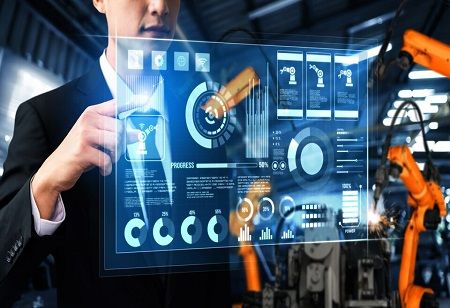
- South Korea is creating standardized AI guidelines to help SMEs adopt smart manufacturing.
- New AI centers in Daegu, Ulsan, and North Chungcheong will support sectors like auto parts, biopharma, and machinery.
- The initiative offers funding and aims to cut adoption costs and tech barriers for smaller manufacturers.
The South Korean government intends to create standardized guidelines to assist small and medium-sized enterprises (SMEs) in adopting AI-driven manufacturing systems.
The Ministry of SMEs and Startups announced on Tuesday that it is in the process of creating guidelines for equipment, tools, and procedures to assist manufacturing SMEs in designing and implementing AI-driven systems. It finished standardizing core equipment information for 50 machine types in 2024 and aims to grow this to 500 tailored standardized datasets for specific industries by 2027.
By standardizing manufacturing machine data, SMEs and medium-sized companies can find themselves in a better position to commence adopting and making use of advanced technologies such as digital twins and AI systems to start to create autonomous manufacturing systems.
The ministry wants to increase its funding for on-site support centres to help address real-world issues faced in the transition to AI within manufacturing environments.
In May 2025, Daegu, Ulsan, and North Chungcheong Province were selected for new manufacturing AI centers; each allocated 120 billion won ($86.8 million) in financial support.
Also Read: SK, AWS to Build Korea's Largest AI Data Hub for Smart Manufacturing
The Daegu center will concentrate on core sectors like forging, injection molding, cutting, and machining in machinery and material components, whereas the Ulsan center will create an open AI innovation ecosystem utilizing manufacturing data from the automotive parts sector.
The North Chungcheong center will assist in the advancement of AI foundation models, the creation of datasets, and the validation of AI solutions to tackle common challenges in the converging bio industry, which encompasses biopharmaceuticals, cosmetics, and medical devices.
“We have created an environment where SMEs can easily use AI by lowering technological barriers and reducing adoption costs in areas where it is difficult for individual companies to invest alone,” a government official said.

